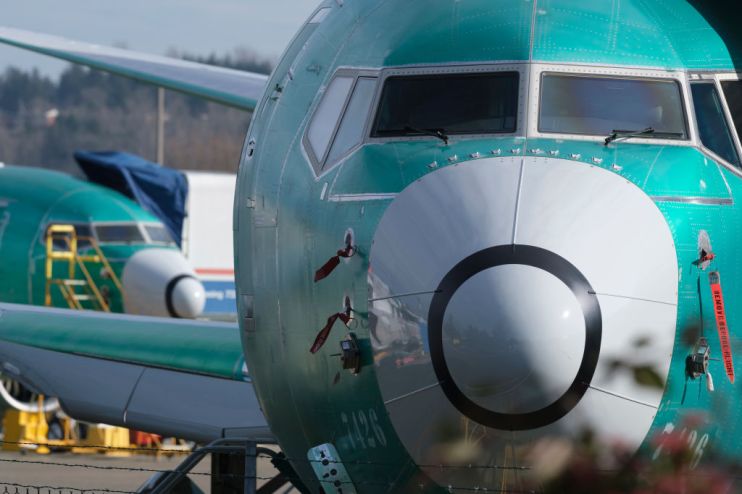The travel industry will not survive without a radical U-turn

The tourism and outbound travel industries are no strangers to the impact of the Covid-19 pandemic. Across the globe, international and domestic travel has been brought to its knees by the far-reaching impacts of coronavirus, and the ramifications are no clearer than in the United Kingdom.
In the last month alone, we have seen the collapse of established household names such as STA, the loss of over 1000 frontline jobs from the UK’s largest airport Heathrow, and multinational airlines teetering on the brink of administration.
The economic magnitude of the travel sector is often misunderstood. The outbound travel sector alone sustains around 220,000 jobs in the UK and is worth over £37bn. The industry is a fundamentally vital cog in the UK economy and needs to be leveraged with full force as we traverse one of the most difficult recessions in recent history.
Read more: Coronavirus: Boris Johnson imposes stringent new restrictions for up to six months
However, as the travel industry cries out for reassurance, certainty and support, it is facing ever-changing regulations and setbacks. The challenge of balancing public health and economic recovery is tremendous, and unprecedented times call for unprecedented measures, but as we attempt to move towards a period of coalescence, the travel industry needs to be given some breathing space in order to recover.
Most recently, the government responded to an increase in the coronavirus infection rate with the introduction of the much discussed “rule of six”. With quarantine restrictions on countries in Europe and beyond introduced earlier in the year, many holidaymakers had opted for a well-deserved staycation within the UK. Hotels in Cornwall, self-catered apartments in Cumbria, and pubs and restaurants up and down the land were beginning to see the green shoots of recovery emerge as the domestic tourism market began to take flight. However, the rule of six has placed all this perceived progress in jeopardy.
It is estimated that over a quarter of self-catered accommodation in the UK is booked for more than six people, and so the government’s most recent regulations will see thousands of businesses forced to refund holidaymakers. This is an extraordinary hit for local towns and villages around the British Isles, who were counting on local tourism to prop up their ailing businesses. If the government is committed to its levelling up agenda, I would urge our leaders to consider the impact this could have on tourist hotspots all the way from Morecambe to Margate.
And it is not just the rule of six which is challenging the travel sector. As foreign countries continue to be added and removed from the government’s designated quarantine list, the assuredness my sector so desperately requires cannot be met. Some of the most popular tourist destinations in Europe — places like Spain, Portugal and France — are almost beyond consideration now for customers, as the prospect of a two-week quarantine is something which most people cannot countenance.
For those consumers not put off by the prospect of 14 days of quarantine, the difficulties faced by many consumers in securing refunds for cancelled holidays may do. We saw many airlines act in a reprehensible fashion when the first wave of coronavirus took grip. They stood by and failed to meet their legal obligations in returning money to customers.
I can say with complete sincerity that the complexities this government faces would not be wished upon anyone. Yet, if our leaders don’t act soon, many more companies will be doomed to fail, and we will likely see thousands more jobs lost in the UK.
I would urge the government to consider reforming the airline refund process through a Trust Account Model and ensure that, in the event of a second wave , this problem does not persist and grow to the point of no return.
Main image credit: Getty